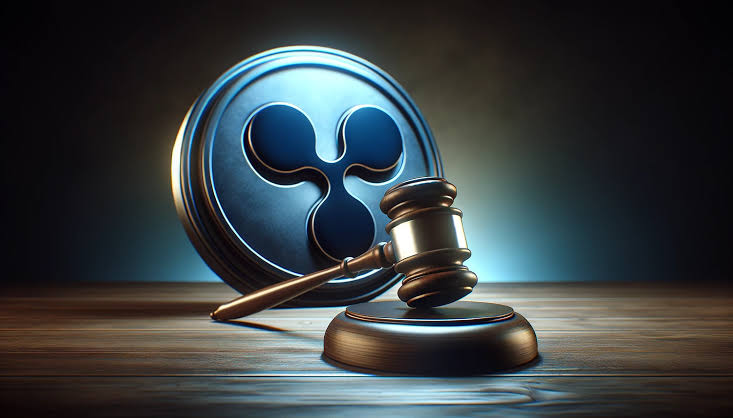In its lawsuit against the US Securities and Exchange Commission (SEC), attorneys for blockchain startup Ripple have requested that the court take into account a “appropriate” civil penalty in light of a settlement reached between the SEC and Terraform Labs. Citing a settlement in the Terraform case, Ripple’s legal team filed a notice of additional authority in the U.S. District Court for the Southern District of New York on June 13, citing the “unreasonableness” of the SEC’s civil penalty. A federal judge approved a $4.5 billion transaction between the SEC and Do Kwon, the co-founder of Terraform Labs, prior to Ripple’s application.
The blockchain company has advocated for a maximum penalty of $10 million, while the SEC has demanded that Ripple pay almost $2 billion in disgorgement, prejudgement interest, and civil penalties. Lawyers for Ripple presented comparable defenses against the fines assessed in the SEC’s lawsuits against Block.one, Genesis Global Capital, and Telegram; however, the submission contained suppressed data about the company’s overall income. Lawyers for Ripple stated, “As Ripple’s opposition explained, the SEC has agreed to civil penalties ranging from 0.6% to 1.8% of the defendant’s gross revenues in comparable (and even in more egregious) cases.” “That pattern is fit by Terraform. In this instance, however, despite the fact that there are no claims of fraud and that Institutional Buyers did not sustain big losses, the SEC is requesting a civil penalty that is significantly higher than that range. Terraform so affirms that a civil penalty of little more than $10 million would be acceptable and that the Court should reject the SEC’s exorbitant and unusual proposal.
A jury determined that Kwon and Terraform were guilty of fraud following a two-week trial in April. On the other hand, Ripple has been in litigation with the SEC since December 2020, following the regulator’s accusations that the blockchain business utilized XRP. tickers down by $0.47 as a cash-raising unregistered security. When Judge Analisa Torres decided in July 2023 that the XRP coin was not a security with regard to programmatic sales on exchanges, it set an important legal precedent.
In October 2023, the SEC filed a motion to dismiss its lawsuit against Chris Larsen, the executive chair of Ripple, and CEO Brad Garlinghouse, stating that it intended to talk about remedies with the blockchain company at that time. Judge Torres had originally slated the trial between Ripple and the SEC to start in April, but she delayed the case in October 2023 without setting a date for when it would resume. At the time of publication, the judge’s ability to schedule the trial is unknown.


